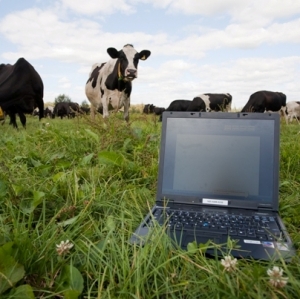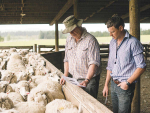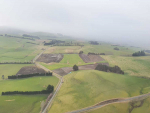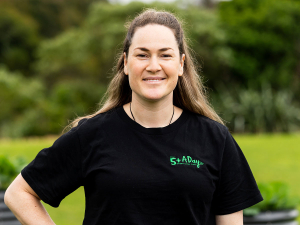Lincoln University has formed a new Farms Committee to oversee the development of the 3900ha of farmland owned and operated by the university.
Assistant vice-chancellor Stefanie Rixecker says the new committee will deliver improved outcomes from the university's portfolio of farms and farming partnerships, as well as expanding the portfolio in the future.
"The Farms Committee has been established to help Lincoln University make the most of its farms for better student experience, for more and better scientific research on productivity and the environment and, perhaps most importantly of all, for an enhanced interface between the university and New Zealand's farmers," says Dr Rixecker.
"The university will also be looking to expand the portfolio in partnership with other entities in a strategic manner, over time. To this end we have been fortunate to appoint a number of extremely talented farmers from throughout New Zealand to the Farms Committee. This group brings expertise from a diverse range of farming systems and, together with the expertise from within the University, this collective knowledge will drive the University's farming portfolio into the future".
The eight farmers appointed are involved in sheep, beef, intensive lamb finishing, merino fine wool, deer, precision agriculture, intensive vegetable growing and arable, dairying and forestry. Senior university academics - Professors Bruce McKenzie, Ken Hughey, Grant Edwards and Keith Woodford - will join the committee alongside SIDDC's director Ron Pellow and the university's farms manager Andrew Lingard.
The new committee will be chaired by well-known New Zealand agri-businessman, Ross Hyland, from the Waikato. Hyland anticipates the combination of academic expertise and practical experience will create a "wonderful incubator for ideas and innovation".
Hyland says: "The university has traditionally used the farms well for research, student experience, commercial demonstration, and investment. We want to build on that now. The university is breaking ground in the primary production and environmental space and we need to use the farms even more for this research and education – and then we need to be able to share what we learn with the New Zealand primary sector to grow its capability and knowledge in a wider sense. Having such a group coming together is exciting and is a testament to the university's determination to remain relevant to the New Zealand primary sector".



















